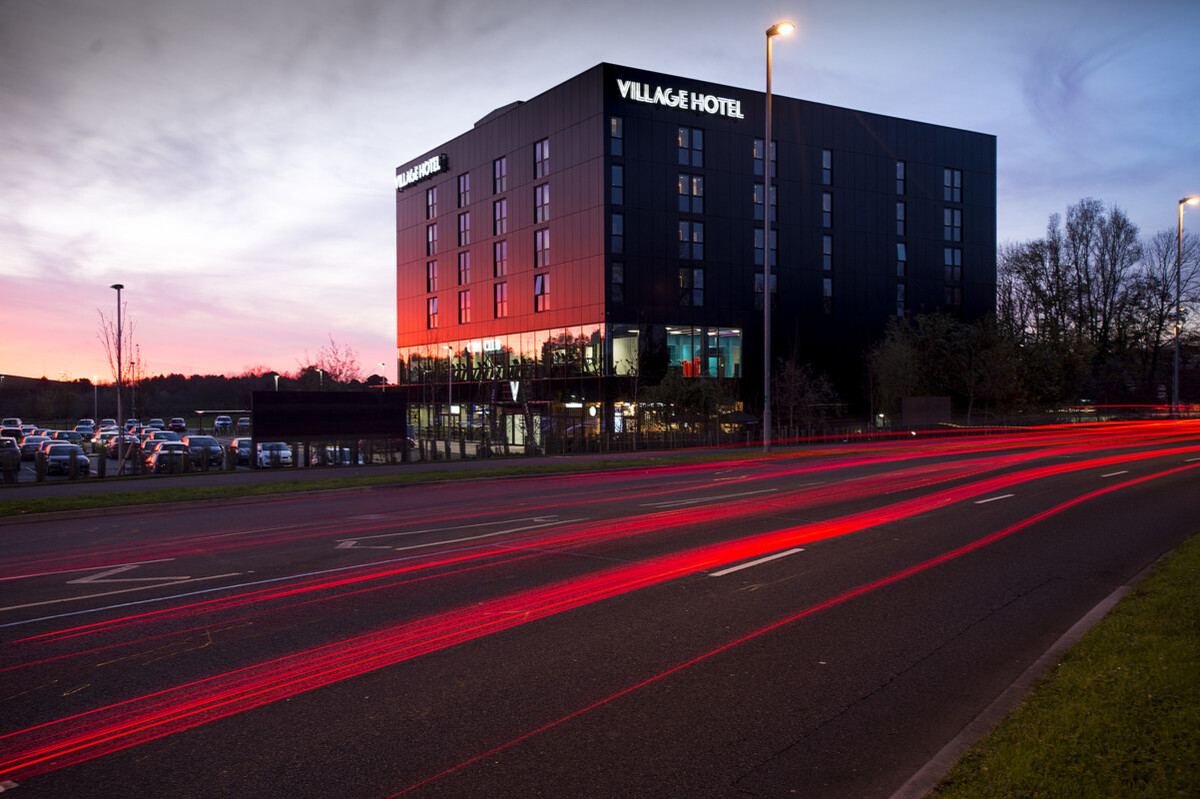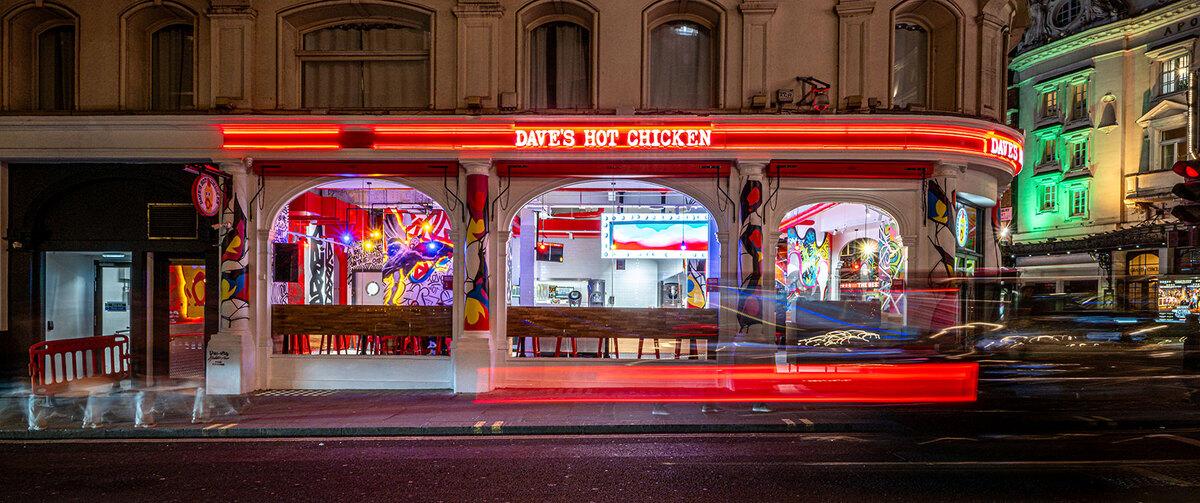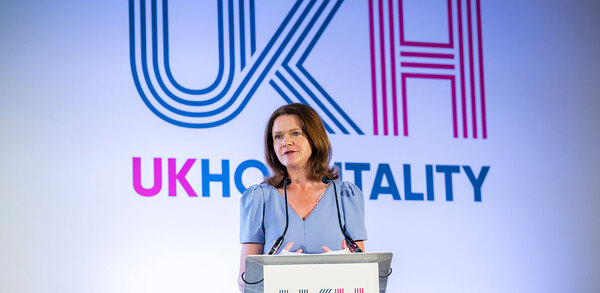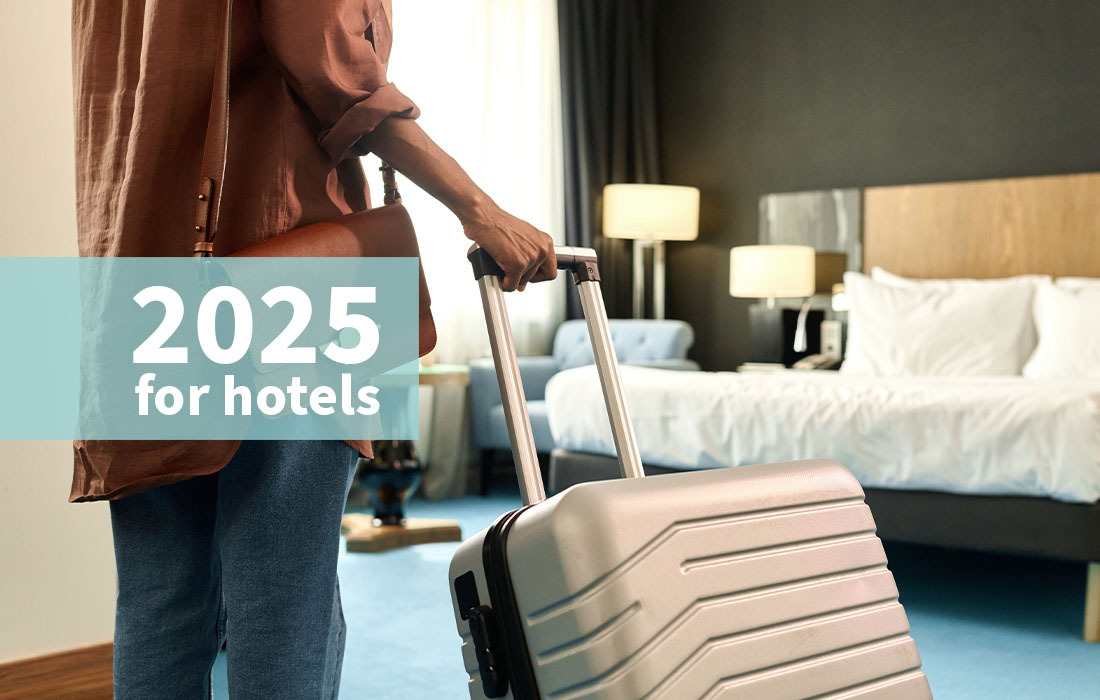Viewpoint: Get ready for the summer staycations
Quarantine, fewer flights and lack of finance may all work to hoteliers’ advantage after lockdown, with a rush in bookings to properties in the UK from those seeking a break from the norm, says Julian Troup
The doors of hotels around the UK have been closed to the general public since the introduction of lockdown. But when they reopen, it will be the hoteliers who have been busy behind those closed doors who will be best placed to make the most of opportunities in the changed world brought about by the Covid-19 pandemic.
Whether you are seeking to maintain your current business, expand or sell, the same approach is relevant. It can be summed up in the words of the Scouts’ motto: ‘Be prepared’.
For it is not a case of “if” the hotel industry will return to pre-Covid-19 activity, it is “when”.
With this in mind, hoteliers should be treating the lockdown as a valuable period in which to examine and adjust their business plans in order to respond to the challenges and opportunities brought about by Covid-19, and to ensure that they are positioned to optimise their plans for the future.
So, what should you be doing? At the very least, you should be working on new marketing campaigns, restocking, and examining staffing levels to make sure everything is ready for when trade gets busier.
The social distancing protocols that will be introduced as part of the incremental lifting of lockdown will undoubtedly affect occupancy for some hotels, notably those that deal predominantly with customers who previously travelled for business but are now likely to connect via video calls. The 14-day quarantine period the government recently announced for travellers entering the UK from abroad, with some exceptions, will have a significant impact on hotels with a large number of guests visiting from abroad, either for business or leisure.
Yet the UK hotels sector looks set to benefit from an increase in domestic tourist trade, as a result of a combination of factors relating to Covid-19. The obvious one is the 14-day quarantine period, which will make taking holidays overseas difficult for many. Further influences include the increased cost of foreign travel; concerns about travelling abroad; the logistical difficulties that will be involved in foreign travel; fewer flights; and the financial constraints that will affect many individuals and families because of the impact of Covid-19 on the UK economy.
It is widely expected that UK leisure-based trade to coast and country – staycations – will see a spike following the lifting of lockdown, as people seek a change of scene after being confined to their local areas for weeks. Those areas that are going to attract the strongest level of trade will include national parks, coastal areas and cities and towns that have a mix of corporate and leisure.
Of course, it is also highly likely that these businesses will also attract the attention of buyers and their funders, as well as markets where leisure is traditionally strong.
However, having said this, demand will undoubtedly remain for hotels mainly reliant on corporate business. A lot will depend on the quality of the business and the circumstances behind the reason for sale. It is also worth noting the difference between ‘hotels’ and ‘hospitality’ (bars, pubs and restaurants), as there are far more social distancing ramifications with the latter, which will potentially mean later reopening and other constraints.
In terms of the hotels sector, we are expecting to see a return to transactional activity as life continues in a world that has been adjusted to meet the challenges of the presence of Covid-19. Our experience tells us that buying a hotel generally has some emotion behind it. When lockdown began, uncertainty about reopening caused many to sit on their hands.
Moves to reopening and a return towards something resembling normality will precipitate a positive shift in confidence levels, and we will then see trading and transactional activity starting to return to its previous levels, although it is “crystal ball gazing” as to when Colliers will return to selling the circa 100 UK hotels per annum to which we were accustomed.
Indeed, with UK domestic demand likely to aid recovery post-lockdown, many hotel operators will be keen to expand, and will be looking for opportunities to purchase.
Our advice goes back to the ‘Be prepared’ mantra. Make sure that you have prepared properly and are in a position to proceed. The key to this will be having cash or in principle funding in place. Sellers will want to have the comfort of you being able to buy before they go ahead, in the knowledge that any due diligence process comes with cost.
Julian Troup is head of UK hotels agency at Colliers International




















